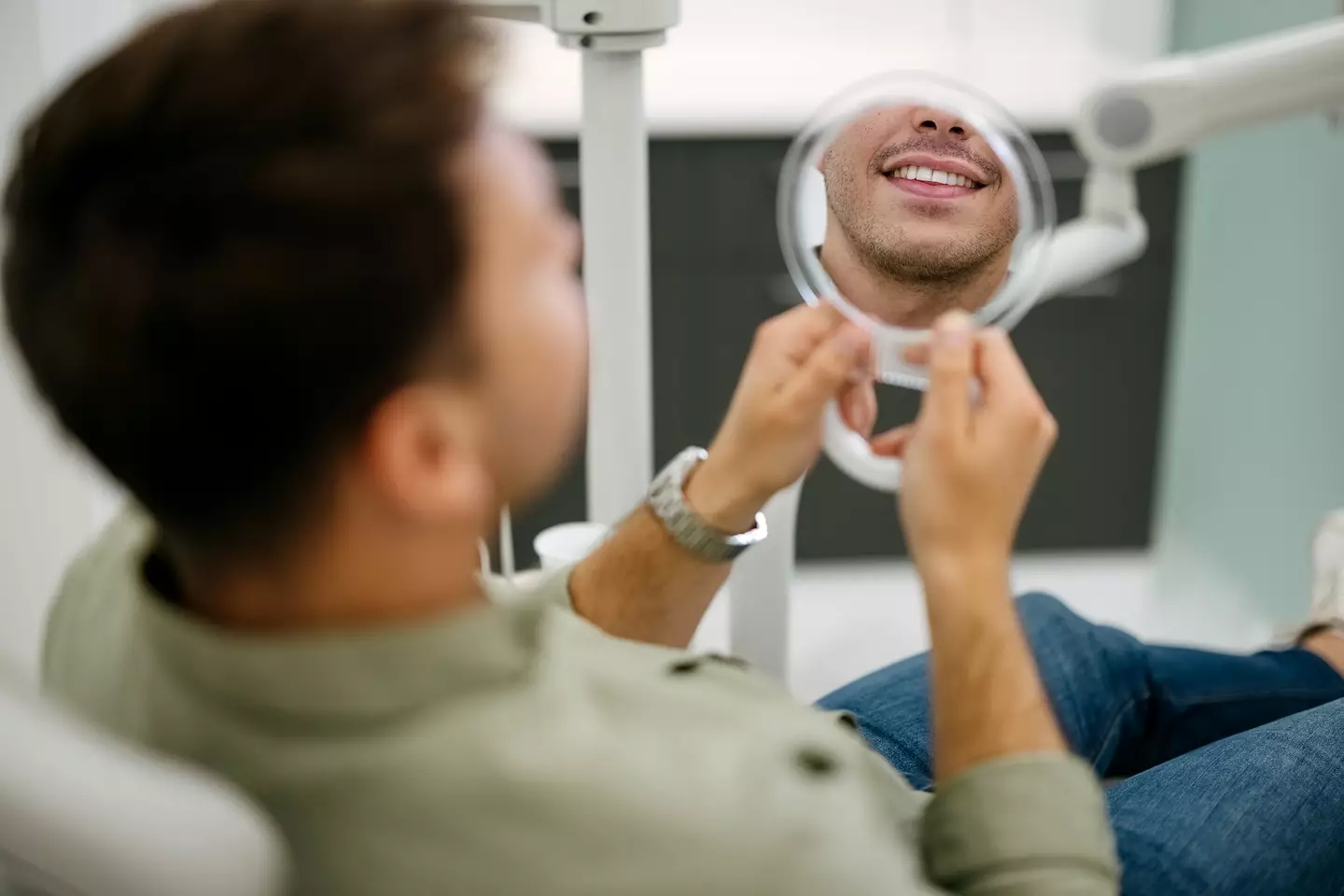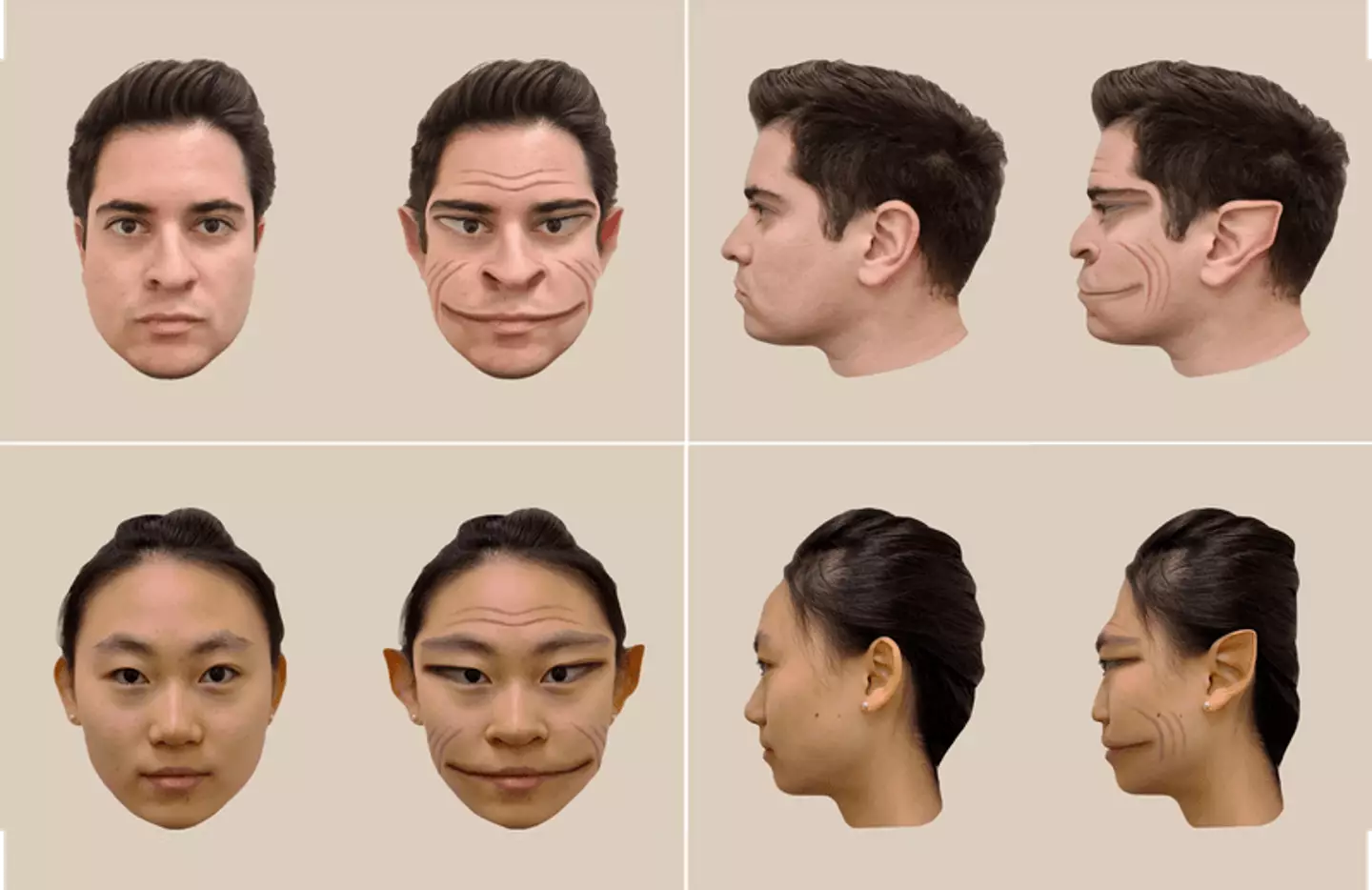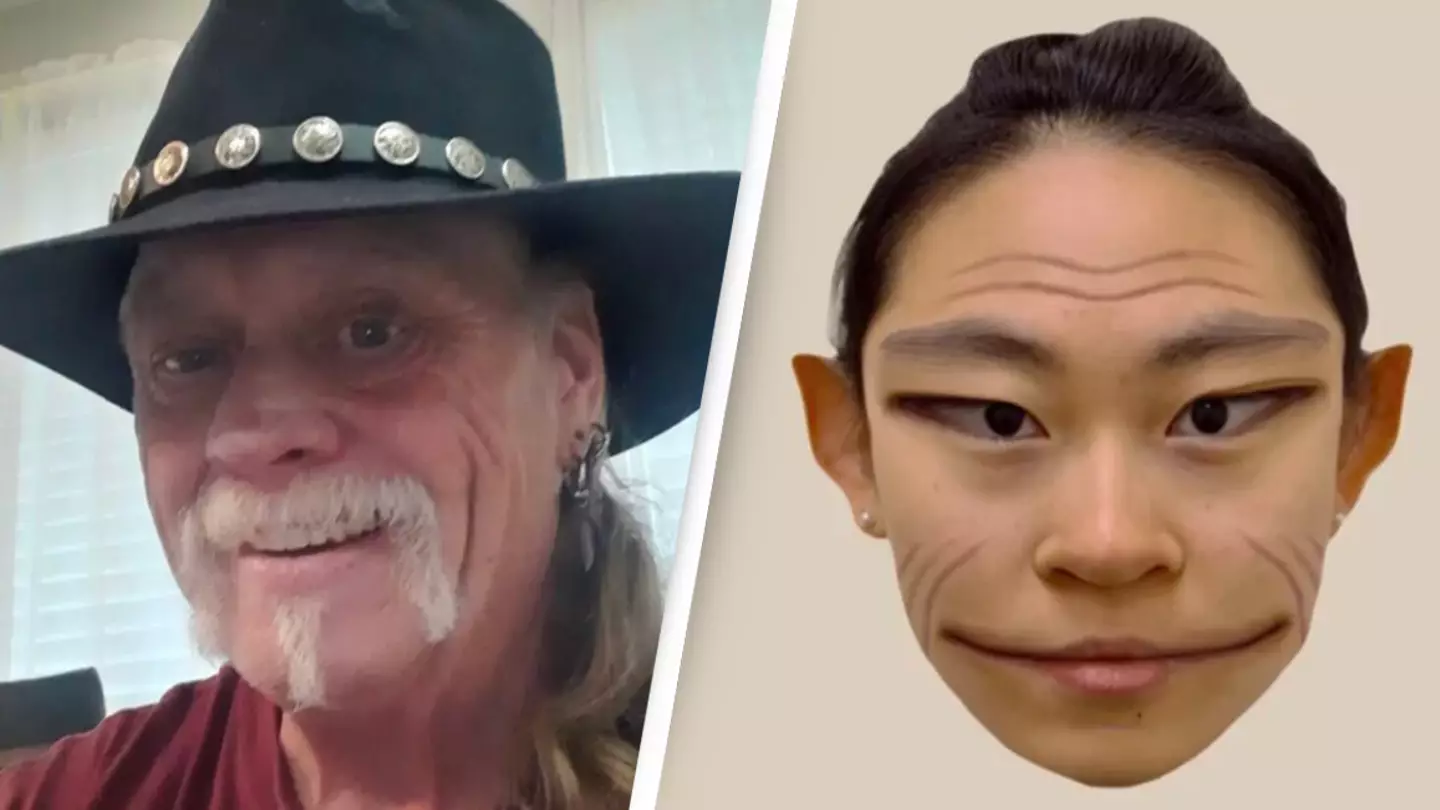A rare and frightening condition that affects just 81 people globally changes the way they perceive faces.
We may never fully understand, but we often assume that our perception of the world is similar to that of others.
For instance, does everyone see the sky as blue? And when it comes to other people, do they look the same to everyone?
For a small number of people, the answer is definitively no.

Prosopometamorphopsia (PMO) is believed to be incredibly rare, with only 81 documented cases worldwide, so our understanding of the condition is limited.
However, for the first time, research has provided a visual representation of how faces appear to this small group.
It turns out that individuals with PMO see faces as distorted, often comparing the experience to looking into a ‘funhouse mirror’.
Images shared by the study’s lead author Antônio Mello, a PhD student in the Department of Psychological and Brain Sciences at Dartmouth College, illustrate the bizarre, almost demonic way people with the condition perceive faces.
It’s crucial to acknowledge that the distortions can vary from person to person.

Mello wrote in the study, published in EurekAlert: “In other studies of the condition, patients with PMO are unable to assess how accurately a visualization of their distortions represents what they see because the visualization itself also depicts a face, so the patients will perceive distortions on it too.”
Recently, a man has come forward about his experience with this rare phenomenon, which began suddenly.
Victor Sharrah, 59, from Nashville, woke up one day to find his surroundings distorted.
“I just woke up and was sitting on the couch watching TV when my roommate came into the room, and (looking at him) I’m like, ‘What am I seeing?’ Then his girlfriend walked in and her face was the same,” he told CNN.
Victor discovered that faces he once saw as ‘normal’ now appeared disturbing.
“Imagine waking up one morning and suddenly everybody in the world looks like a creature in a horror movie,” he added.

Due to the rarity of the condition, some patients have been misdiagnosed, often being told they have mental health issues.
Senior author Brad Duchaine, a professor of psychological and brain sciences and principal investigator of the Social Perception Lab at Dartmouth, explained: “We’ve heard from multiple people with PMO that they have been diagnosed by psychiatrists as having schizophrenia and put on anti-psychotics, when their condition is a problem with the visual system.”
“And it’s not uncommon for people who have PMO to not tell others about their problem with face perception because they fear others will think the distortions are a sign of a psychiatric disorder. It’s a problem that people often don’t understand.”

